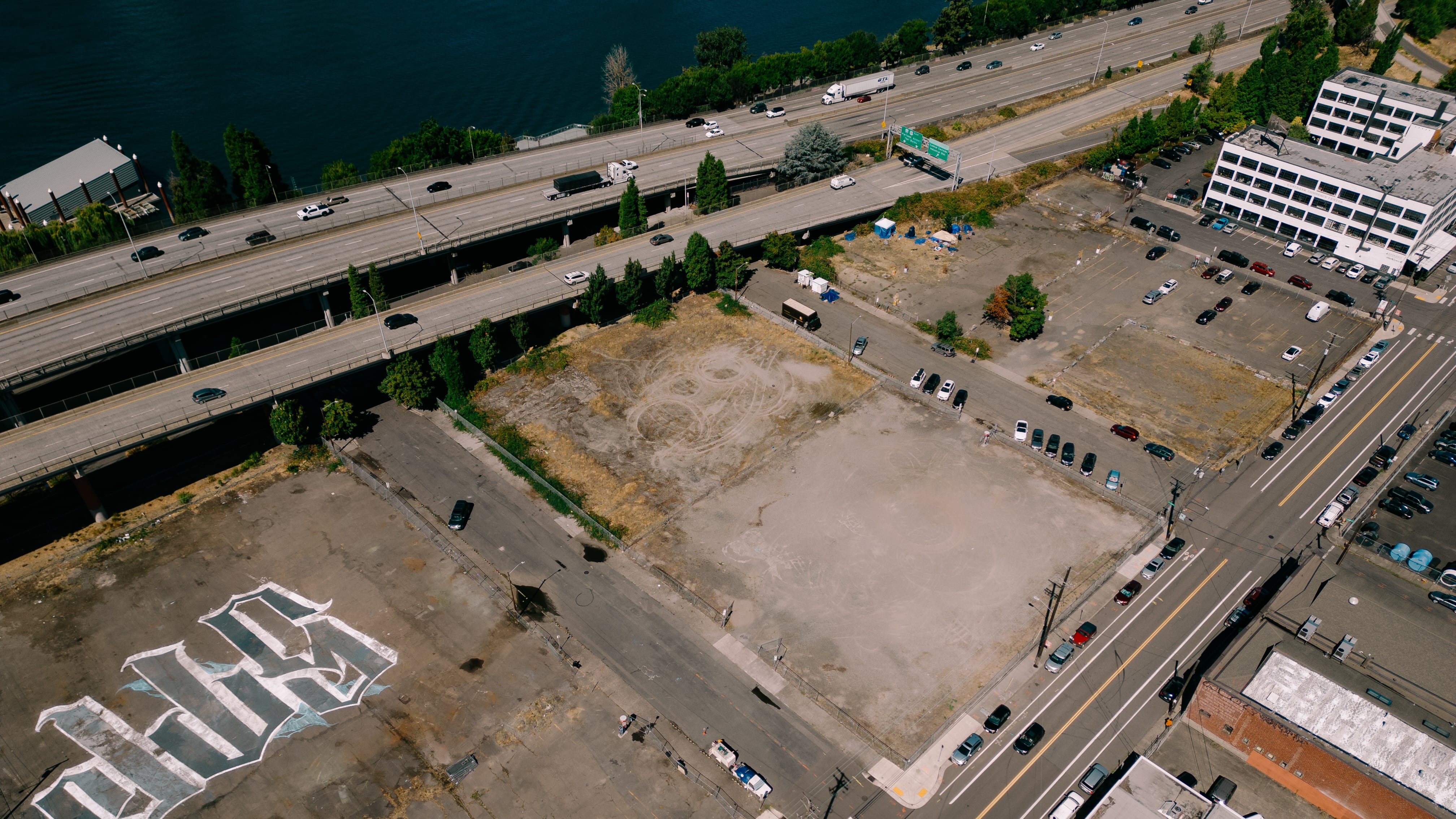Live Nation Entertainment, the company aiming to build a new Central Eastside music venue with help from Prosper Portland, the city’s economic development agency, is under renewed antitrust scrutiny after a New Jersey congressman made public court documents from 2019 describing anti-competitive behavior.
Rep. Bill Pascrell Jr. (D-N.J.) said last week that expert testimony from a court case involving Live Nation demonstrates “rampant corrupt and abusive practices” by Live Nation.
Pascrell said he forwarded the report to the chairman of the Senate Permanent Subcommittee on Investigations, which has been examining Live Nation for more than a year. He also sent it to the Federal Trade Commission and the U.S. Justice Department’s Antitrust Division.
Live Nation is the world’s largest entertainment company. It owns or controls more than 300 venues worldwide, including the Hayden Homes Amphitheater in Bend, the Gorge Amphitheatre in George, Wash., and Lumen Field in Seattle. It manages 410 bands, from U2 to Pitbull. In 2010, Live Nation bought Ticketmaster, giving it end-to-end control of the live music business.
“This secret report about the Live Nation-Ticketmaster monopoly exposes yet more evidence of the corruption and abuses of live event ticketing,” Pascrell said in a press release. “Whether it is fans of Taylor Swift or countless other performers, the abuses of this monopoly have harmed tens of millions of Americans who are fed up with endless fees and ticket schemes.”
Live Nation is trying to build a new venue on Portland’s eastside, just north of the Hawthorne Bridge on land owned by Prosper Portland. The developers are Beam Development and Colas Development Group. The builder is Colas Construction. Both are local, and Colas is Black-owned.
Local music promoters, including David Leiken, owner of the Roseland Theater, have criticized Prosper for helping an alleged monopolist set up shop in Portland, the last large American city without a Live Nation venue.
“I’m deeply disturbed that the city of Portland would choose to ally itself with a company intertwined with Ticketmaster, which has led to major Justice Department concerns, and has been propped up by massive infusions of capital from the Saudi Arabian government,” Leiken told WW in September.
(One of Live Nation’s biggest investors is Saudi Arabia’s Public Investment Fund. The kingdom disclosed a $500 million stake in Live Nation in April 2020, less than two years after Saudi journalist Jamal Khashoggi was murdered in a plot the CIA says was directed by Saudi leader Mohammed bin Salman.)
Jonathan Malsin, co-founder of Beam Development, didn’t return an email sent late Friday about the matter. Shawn Uhlman, a spokesman for Prosper Portland, wasn’t immediately available for comment.
Rep. Pascrell’s disclosure was highlighted by Matt Stoller, who writes the influential antitrust Substack Big. In a post, Stoller called the disclosure “explosive.”
What Pascrell made public was expert testimony from a legal fight between Live Nation and a smaller promoter, Juice Entertainment LLC. In lengthy testimony summarized by Stoller, Dr. Rich Barnett says Live Nation took a flat rebate on tickets sold by venues, called the rebates an expense, and deducted them from profits to be shared with artists and co-promoters, thereby keeping more money from any given show for itself.
“This scheme creates an incentive system for venues and third party vendors, not all of whom are owned by Live Nation,” Stoller writes. “Basically, Live Nation can present venues with a choice. If you cooperate, you’ll get extra hidden revenue, but if you refuse to cooperate, Live Nation will work with your rival, or may just buy into the market to compete with you directly. At any point, Live Nation can dial up or down rebates, to reward or punish. And that’s increasingly true as Live Nation buys more and more corporations in and around the live event space, with each one presenting additional options for fees and rebates.”
